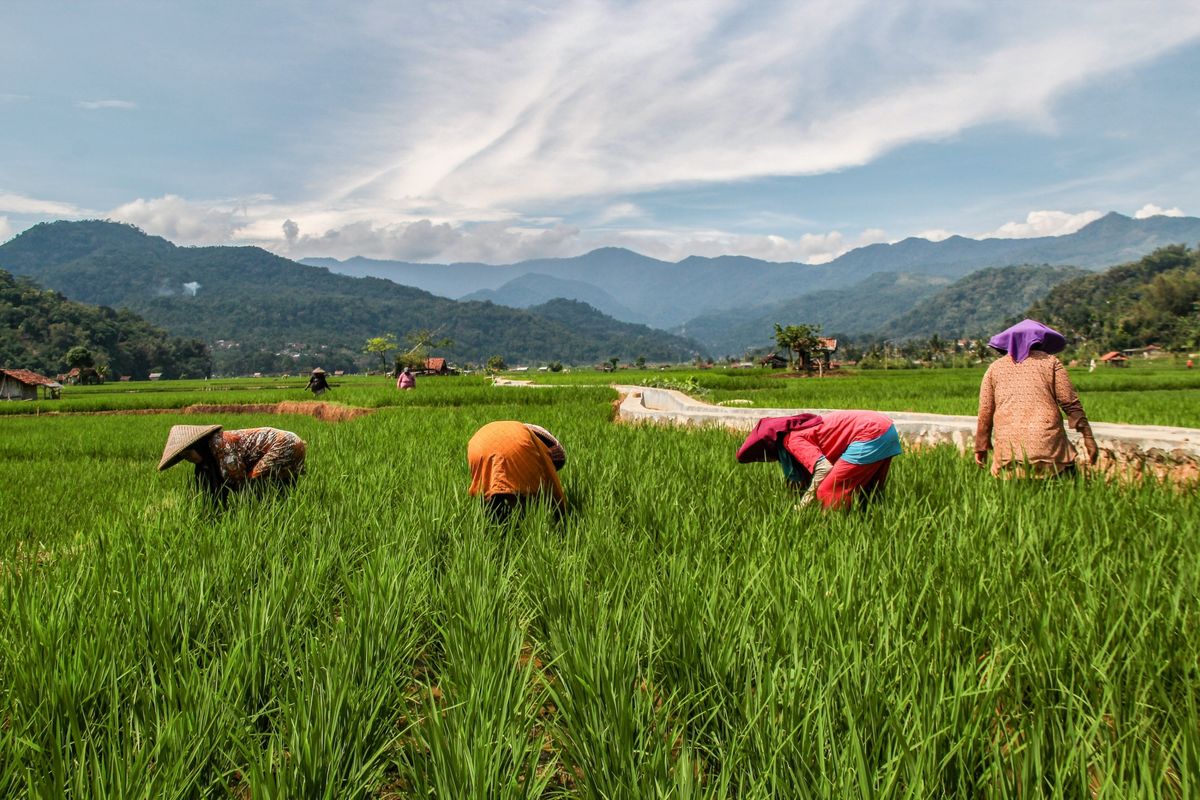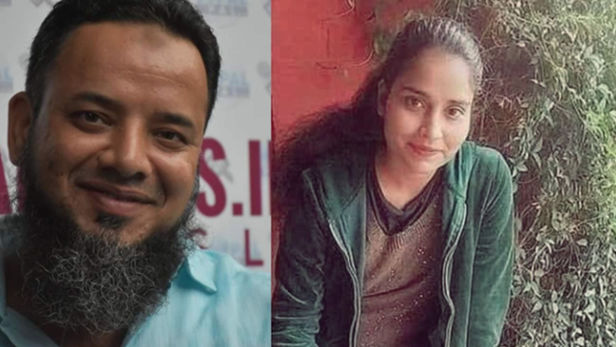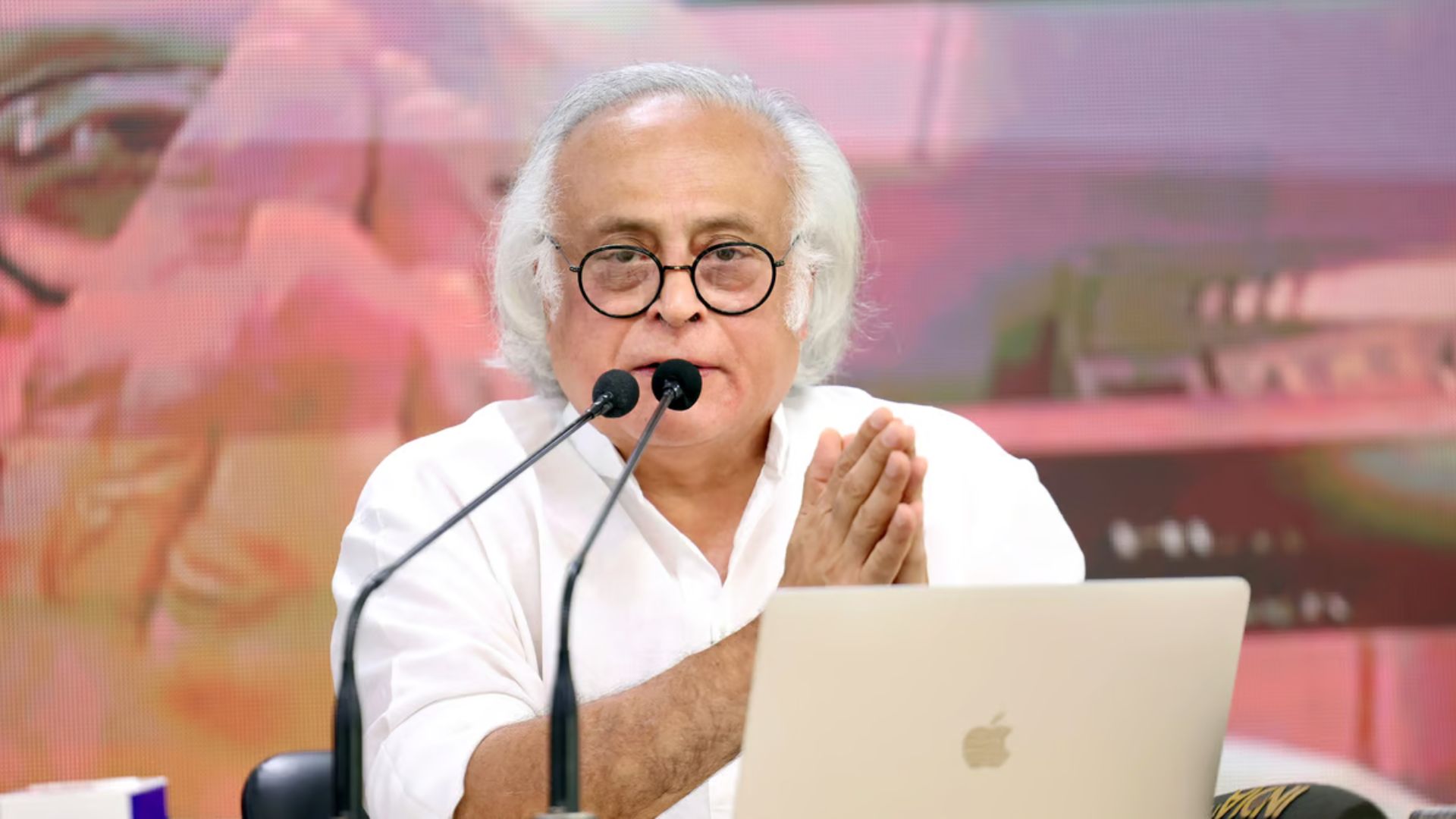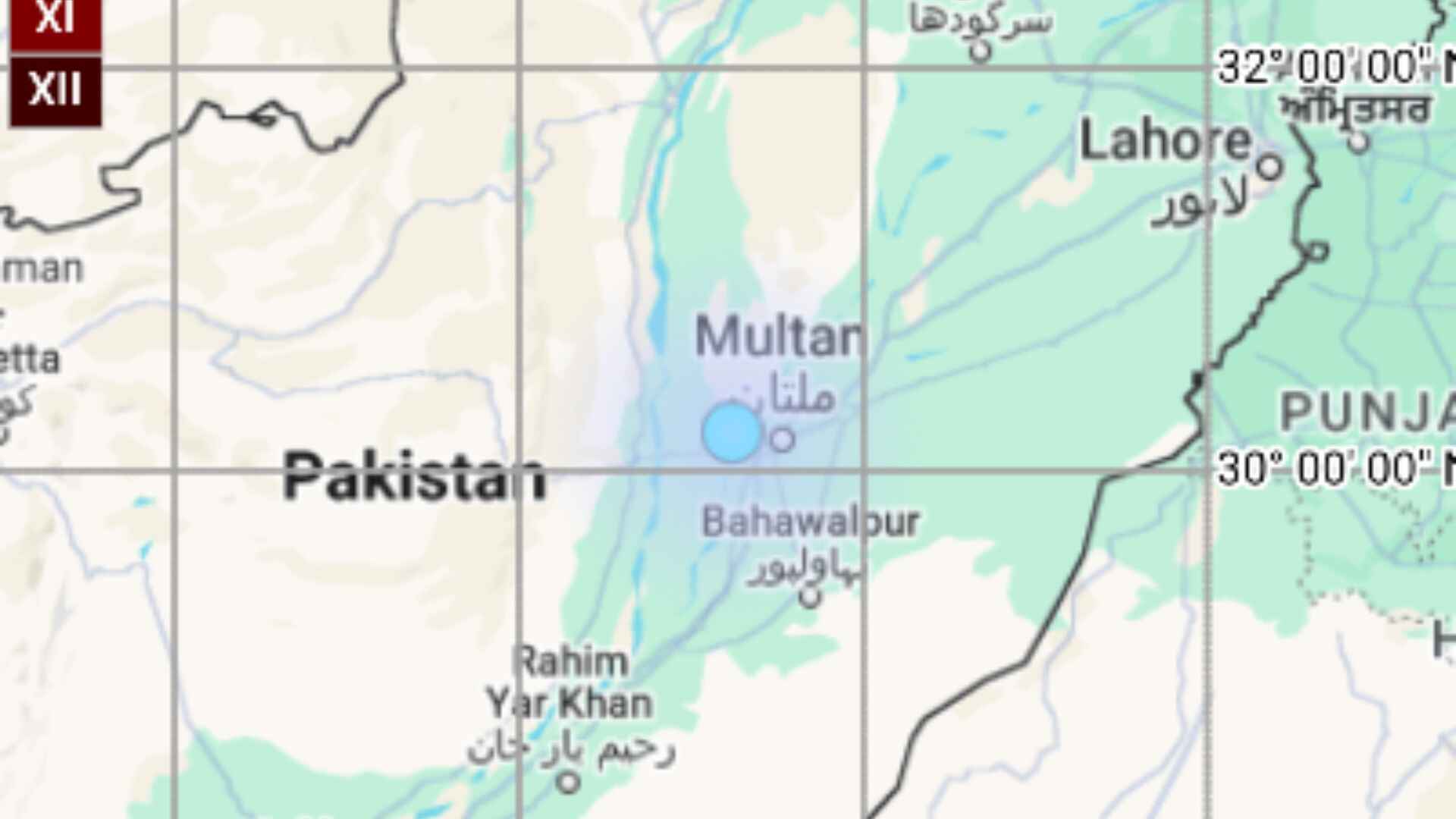
According to a recent study, women aren’t just leaders in social media; they can become even stronger leaders of sustainability and development projects in their communities as well.
The study, led by Associate Professor Petr Matous from the University of Sydney’s Faculty of Engineering, examined the social networks of farming communities on the Indonesian island of Sulawesi to identify those individuals who could positively influence change in the context of sustainability and international development initiatives. The researchers conducted a survey of over 2,000 farmers who were asked to identify the most influential opinion leaders in their communities: people defined as those they consulted for advice and information on farming.
The respondents identified eighteen popular opinion leaders, who were then selected for a further experiment where they were asked to convince as many other farmers as possible to improve the health of their cocoa trees with pruning scissors donated by the program. Among these perceived opinion leaders, older males dominated the rankings.
As a comparison, a second group of eighteen farmers was then selected at random, comprising a larger proportion of young farmers and women who had not been selected in the initial survey as agricultural opinion leaders.
Contrary to the researchers’ expectations, the second group of farmers convinced twice as many of their peers to try the new scissors. Among these less-prominent individuals, women and younger farmers were particularly successful at convincing others.
“The result was a real surprise – we didn’t originally set out to study the effects of gender or age,” said lead researcher Associate Professor Petr Matous, from the School of Project Management and John Grill Institute for Project Leadership.
“But the result has demonstrated something often remarked on anecdotally in many other settings. From farming and construction to banking and politics, older men are often perceived as the most influential in their networks, but in the study, they didn’t have the greatest impact. The study found that it wasn’t always those with the greatest number of social connections that could trigger a large-scale diffusion of change. While the study found women were less likely to be identified by their networks as opinion leaders, their recommendations often led to real action.
“In Indonesia, farming is highly gendered. Few women occupy prominent roles in local farming groups – many of which are community-based organisations aimed at improving the lives of local inhabitants and which often channel support from the government and international organisations,” said associate professor Matous.
“There were also a number of young men and one older woman who did really well at convincing others to use the scissors. What the result perhaps suggests is that while women and young people don’t usually occupy formal leadership positions in their communities and are not typically central to information and resource networks that result from roles like heading a farmer group, they may have other networks that matter, such as more active kinship ties,” said Matous.
The social network survey and experiment were organised by Swisscontact, an independent nonprofit organisation that has been training cocoa farmers to upgrade their production skills across Indonesia for environmental benefits and reliable yields.















